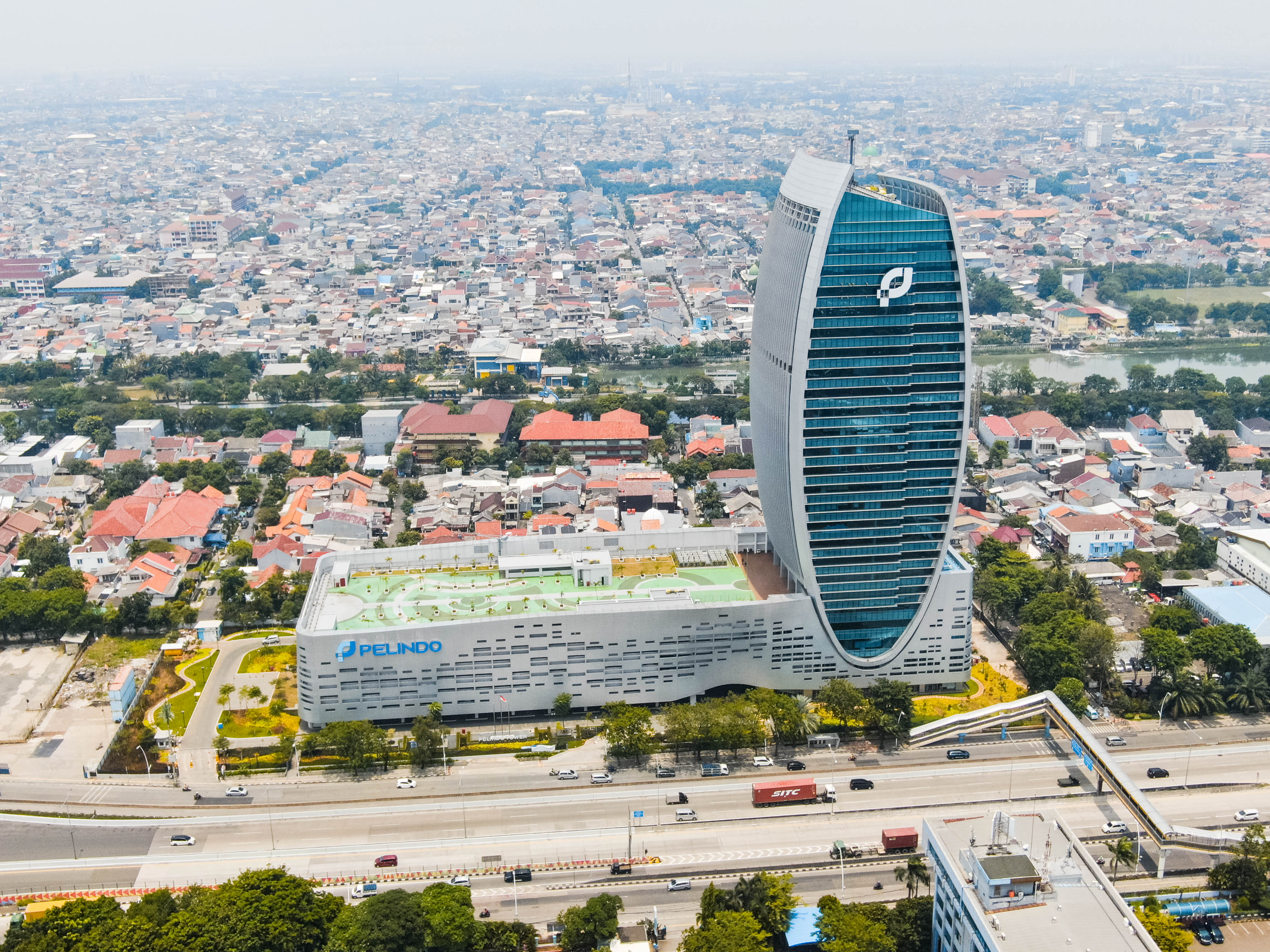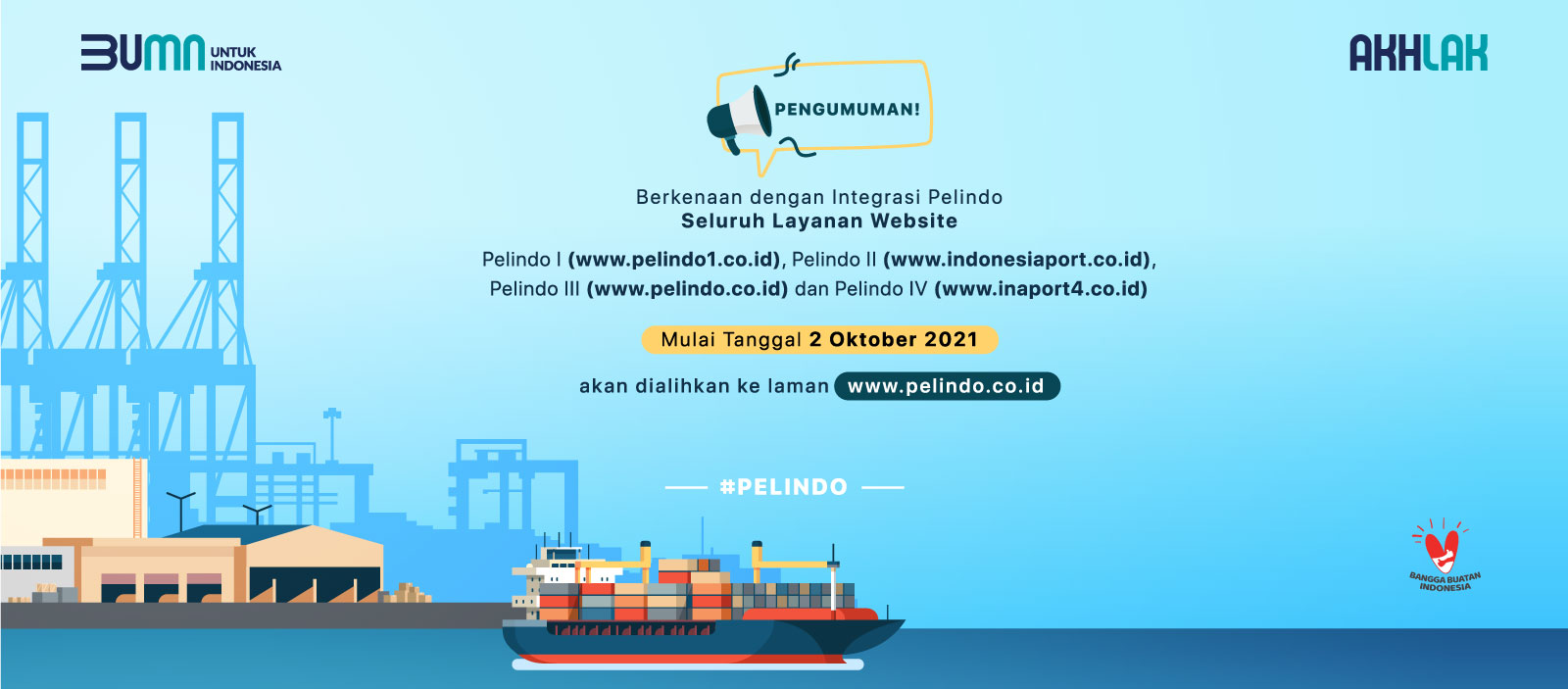
Pelindo Expands Auto Gate Implementation in 29 Ports by 2024
Jakarta, 07 July 2024 - The implementation of automatic gates at ports owned by PT Pelindo (Persero) will be completed in 2024. Since the beginning of 2024, Pelindo has gradually implemented automatic gates at 29 ports.
"With gate automation, payments that were previously made in cash are now cashless," said Putut Sri Muljanto, Managing Director of PT Pelindo (Persero), in Jakarta on 14 June 2024.
By 2023, Pelindo has implemented automatic gates at 13 ports in Indonesia, following 5 ports that have implemented a cashless system before, namely Banten, Tanjung Pandan, Sunda Kelapa, Banjarmasin and Gresik, as well as 12 ports, mostly in Eastern Indonesia.
Ports operating automated gates by 2023 include Tanjung Pinang (Riau Islands) in Regional 1; Pangkal Balam (Bangka-Belitung), Jambi, Panjang (Lampung), and Pontianak (West Kalimantan) in Regional 2. In addition, there are the ports of Celukan Bawang and Benoa in Bali, Lembar in West Nusa Tenggara (NTB), and Kupang in East Nusa Tenggara (NTT) in Regional 3.
Putut further explained the expansion of automatic gate operations. Starting July 2024 until the end of the year, he said, Pelindo will operate automated gates at four ports in Regional 1, three ports in Regional 2, fourteen ports in Regional 3 and eight ports in Regional 4.
Thus, by the end of 2024, it is targeted that 59 ports will operate automatic gates.
The four ports that will operate automatic gates in Regional 1 are Gunung Sitoli, Sibolga, Tanjung Balai Asahan, and Lhokseumawe. Three ports in Regional 2 are Cirebon, Bengkulu, and Palembang. Then 14 ports are in Regional 3 starting from Tanjung Intan Port in Cilacap, Central Java, Tanjung Copper in Probolinggo, East Java, Waingapu (Sumba), Maumere (Flores) in NTT, Bima, Ende-Ippi, Kalabahi, Labuan Bajo, Kotabaru, Batulicin, Sampit, Kalianget, Tegal, and Tanjung Wangi.
Until the end of the year, automatic gates will also be operated at eight ports in Region 4, namely Manokwari, Jayapura, Biak, Fakfak, and Merauke in Papua, Tolitoli and Pantoloan in Central Sulawesi, and Gorontalo.
According to Putut, the operation of automatic gates will be carried out in stages by considering vehicle traffic at the ports where the autogate system will be implemented.
"We are also looking at the evaluation results of the implementation of autogate at previous ports that can be used as best practices," Putut said.
In addition to standardising port operations, Putut said, the automatic gates are also aimed at creating ports that are free from illegal levies.

